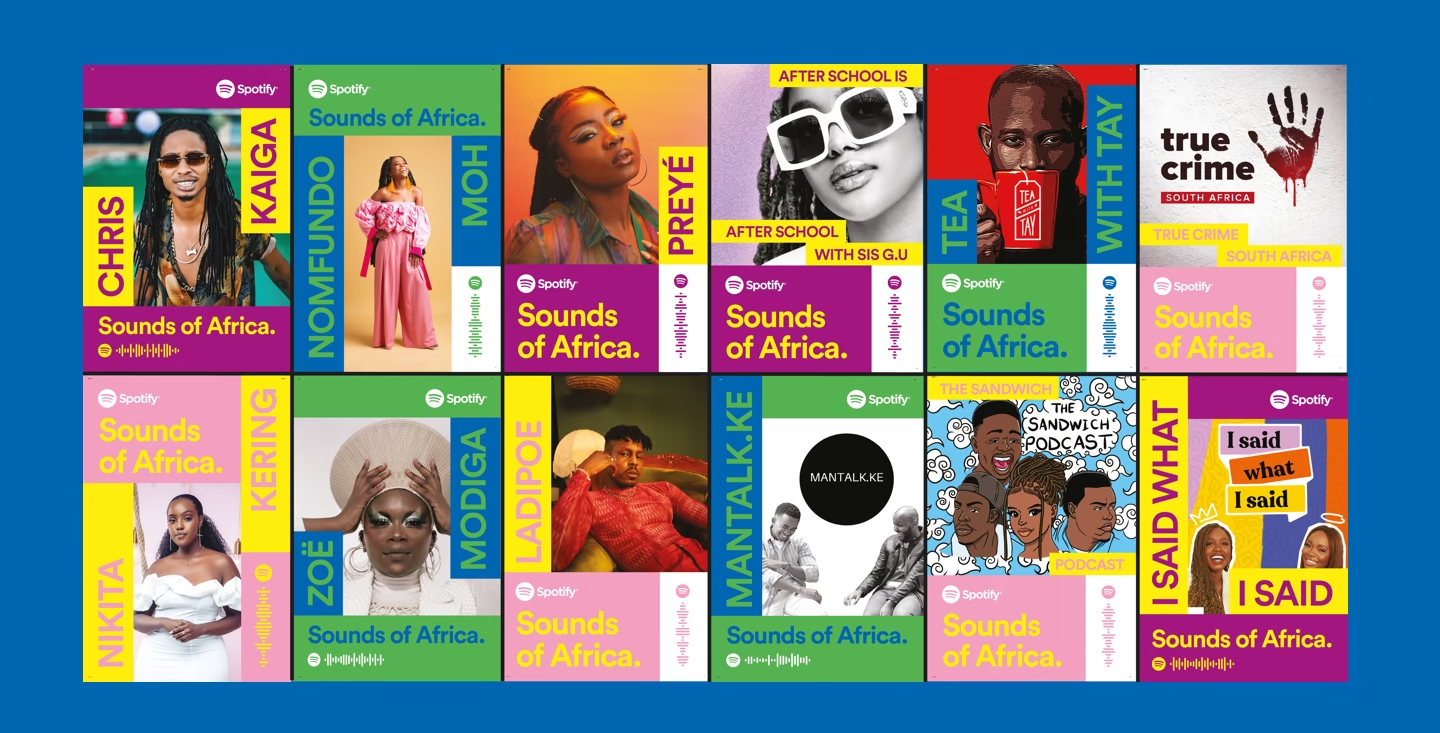Experts link South Africa’s public health crisis among children to child-directed marketing strategies on breakfast cereals’ packaging. Rising rates of obesity, diabetes, and other diet-related non-communicable diseases among children and adolescents call for new marketing tactics.
According to a recent study in the journal Public Health Nutrition, two-thirds of breakfast cereal packages sold in South African supermarkets were one way or another “child-directed.” From illustrations to fantasy themes, characters, and nutritional claims, marketers directed various marketing tactics toward appealing to younger consumers.
The study, which analyzed over 200 breakfast cereals, also discovered that these child-targeted cereals contained significantly higher amounts of sugar and fewer amounts of fiber compared to breakfast cereals free of such marketing strategies. This report is especially concerning as South Africa undergoes a marked nutritional transition from traditional, healthy foods towards ultra-processed, energy-dense meals.
SA Experts Call for Market Regulation Amid Public Health Crises
South Africa experiences high levels of obesity and other diet-related such as type 2 diabetes, hypertension, cardiovascular disease, and cancer. Over 13% of South African children between the ages of 6 and 14 years are obese.
But that trend looks poised to continue without a drastic public health recovery. Experts claim that more kids (over 3.9 million schoolchildren) will be overweight or obese by 2025 if the country doesn’t clamp down on the growing spate of child-targeted “aggressive” marketing tactics.
The trend was in focus during the third episode of Healthy Living Alliance’s (HEALA) web series, “Chew on This, titled How is Big Food Stalking Our Children.” A panel of experts discussed hideous tactics by the food industry in marketing ultra-processed products to kids at the event.
The strategies, the experts argue, contributed to the alarming rise of childhood obesity in South Africa. Panelists at the discussion include Lori Lake, a communication and education specialist at the Children’s Institute, University of Cape Town, and Dr Petronell Kruger, a representative from HEALA.
Moreover, nutrition experts in the country call for new regulatory measures to curb the disturbing trend. Dr. AIsosa Jennifer Omoruyi of the Dullarh Omar Institue is calling for regulation of unhealthy food and beverage marketing to children in Africa.” Professor Karen Hoffman, director of Wits’ School of Public Health, called for “much more control over what was and is being advertised to children,” by the government.
In February 2023, a South African government gazette modified the country’s food labeling methods in its Regulations Relating to the Labeling and Advertising of Foodstuffs. The improved regulation reinforced existing rules while introducing modern changes like forbidding misleading adverts. However, the country has yet to create any regulation restricting child-targeted marketing.










